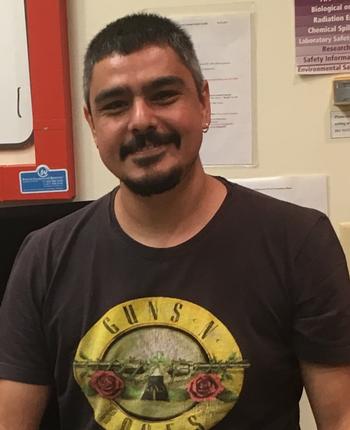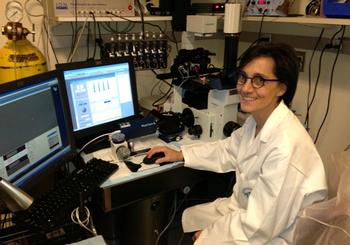The First-of-a-kind Research Center in the World


The first-of-a-kind research center in the world to identify and characterized the common biological mechanisms in heart failure and Alzheimer’s disease:
It has been known for a years that abnormal protein clumps in the heart lead to a specific disease called “cardiac amyloidosis”. However, more recently, the same protein clumps have been found in the brains of seniors with Alzheimer’s disease. Thus, abnormal protein clumps can deposit in the heart and brain, likely by the same mechanisms in an individual. Taken together, the deposition of these protein clumps leads to both heart failure and dementia. Such protein clumps when deposited in specific regions of brain or in the nerves of the peripheral nervous system (the nerves in our arms and legs) can also lead to autonomic dysfunction. In addition, autonomic dysfunction is a very common complication of both heart failure and Alzheimer’s disease.
A new center at Medical University of South Carolina, is co-directed by Dr. Federica del Monte, cardiac physiologist and Dr. Onder Albayram, neuroscientist takes this concept one step further: Is it the same type of plaque causing heart and brain problems? And, if so, could one treatment stop both diseases? Is Alzheimer’s a systemic disorders?
It is a first cutting-edge neuro-cardio research center in the World. According to Dr. del Monte, “People with heart failure often have cognitive dysfunction,” Del Monte said. “They think the heart doesn’t pump blood to the brain, but we think there is more to this.” Because the heart isn’t insulated by a skull, and because the muscle moves, heart conditions are easier to diagnose and study, Del Monte explained. Her team will learn if the biological defect matches in Alzheimer’s patients and also extract heart cells to test drugs to combat plaque. “We would like to use the heart as a window to the brain,” Dr. Albayram said. “Alzheimer’s disease can be a systemic disorder. And this devastating disease might be initially originated not from the brain, which might explain why so many clinical trials of therapies for Alzheimer's disease failed”.